Arepas, Tequeños, Hallacas… Y el Ikigai Japonés -Descubrir y Valorar los Tesoros queTenemos- (ES/EN)
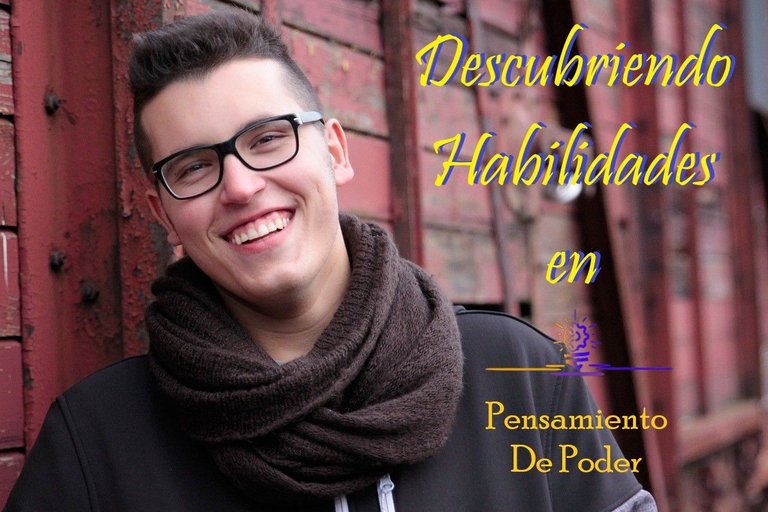

Hace tan solo algunos años, la arepa, el tequeño, la cachapa y la hallaca, eran platos nada valorados a nivel internacional, y eran platos típicos que en Venezuela sabíamos lo deliciosos que eran, aunque no conocidos.
No ha sido sino, hasta que hemos tenido la necesidad de emigrar y crear emprendimientos fuera del país, cuando descubrimos que era posible hacerlos ofreciendo nuestros platos típicos, que estos gustarían y que hoy en día han sido valorados en muchísimas partes.
Esto nos lleva a pensar en cuántas capacidades y bienes tenemos en nosotros mismos y en nuestras comunidades, que pueden ser un excelente producto para la venta y que nosotros, hoy en día, no valoramos.
Visualizar lo que hay, colocándole el valor correcto, es algo que debemos aprender, porque puede significar el principio de un excelente negocio.

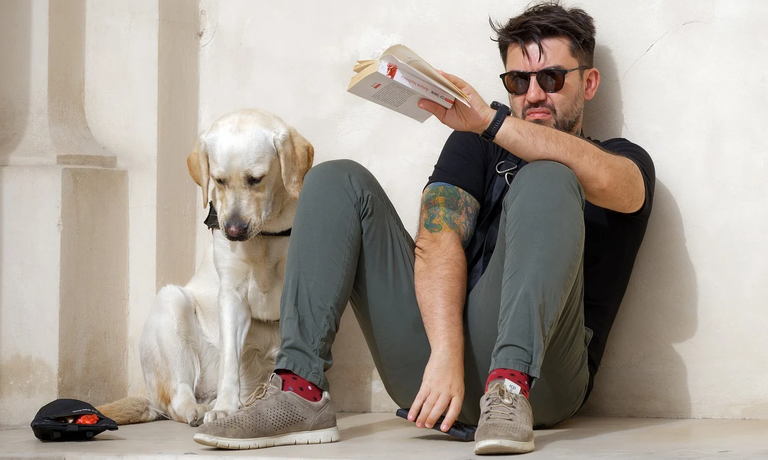
¿Con cuántos tesoros vives?
A veces, lo único que tenemos que hacer es valorar las cosas que tenemos en nuestra vida y entender que muchas de ellas pueden ser igualmente valoradas por otros.
No se trata solamente del espacio en el que vivimos, de la gente que nos rodea o de lo positivo de nuestra profesión, aunque esta puede volverse un emprendimiento de servicio, sino también, de otras capacidades que hay en nosotros.
Por habituación, dejamos de darle valor a capacidades como cocinar, reparar, crear contenidos o como artistas plásticos, simplemente, porque las hacemos en forma personal, para nosotros, y las vemos como cualidades habituales.
Y está, además, el hecho de que valoramos lo que la mayoría valora o lo que la industria de la publicidad valora, por lo que, muchas habilidades no las potenciamos porque pensamos que nadie las valorará, o porque no es frecuente que las veamos en las redes sociales.
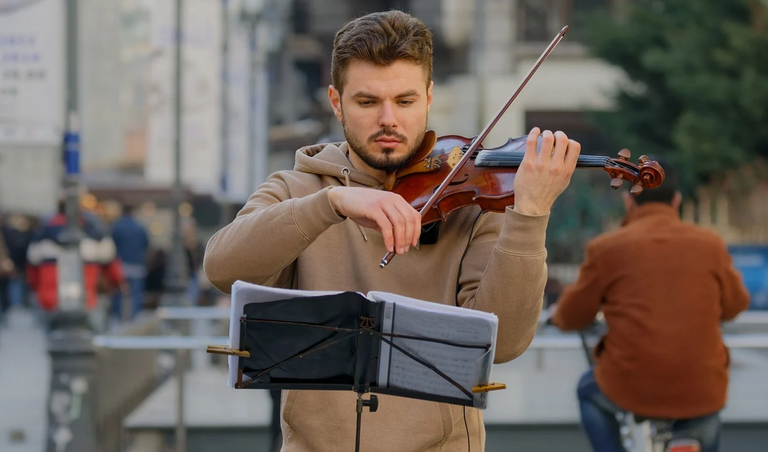
Un experimento social
Hace unos años, en el 2007 para ser específico; se realizó un experimento por el periódico Washington Post, con un violinista famoso y premiado que, de incógnito, tocó en un metro de la Ciudad de Washington, USA.
El artista, una semana antes en su concierto, vendió entradas por valor de $100 cada una y, sorpresivamente, en casi una hora que tocó el violinista en el metro, apenas recaudó $32 con 17 céntimos.
Esto demuestra que valoramos más las cosas cuando el común las valora, pero eso significa, también, que no podemos descartar habilidades que creamos, que no serán valoradas con frecuencia por el resto de la población, sin antes, crear o generar estrategias para que muchos las conozcan.
Luchar por dar a conocer la solución de un problema, un producto o un servicio, es parte importante de desarrollar un emprendimient; y una de las situaciones que debemos conocer es la valoración impuesta por cultura o por publicidad.
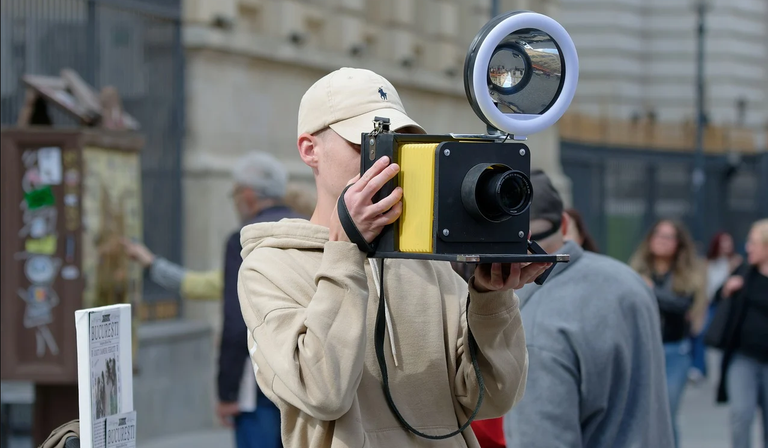
Nuestras habilidades
Descubrir nuestras habilidades es sumamente fácil, pues son los conocimientos, talentos y hasta la experiencia que se requieren para realizar una labor, prestar un servicio o hacer un trabajo en específico y que podemos ofertar.
Esas habilidades pueden ser innatas, ya que nacimos con ellas, o pueden ser transferibles, porque se adquieren por experiencia.
Generalmente, son expuestas en grupos que describen acciones generales, como servicio al cliente, habilidades de organización, de liderazgo, de comunicación y de resolución de problemas, por solo nombrar algunas a nivel empresarial.
O habilidades para las carreras educativas, la salud y otras, que son las directrices que nos permiten elegir nuestras profesiones.
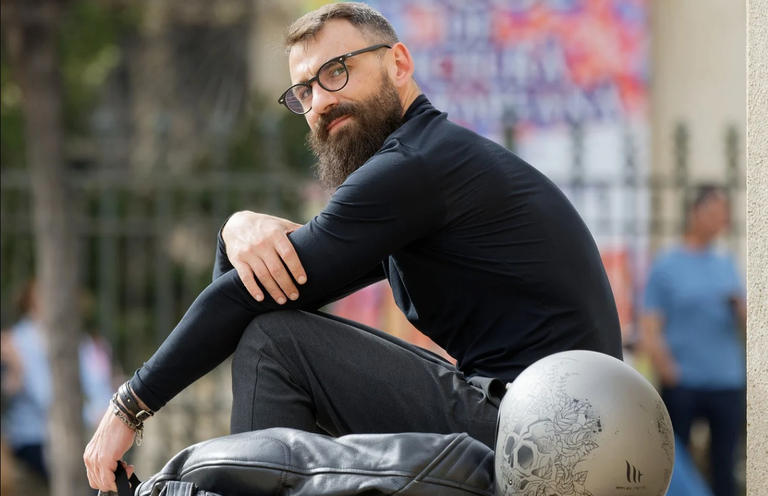
Descubrirlas... Y el Ikigai japonés
En el portal psicologiaymente.com existe un excelente artículo de Nahum Montagud Rubio (2022), para que descubras tus talentos o habilidades, y una de las cosas que nos sugiere es que detallemos o analicemos en nosotros mismos, lo que nos divierte.
Que hagamos una lista de nuestros intereses y aficiones, y que investiguemos en qué pasamos más tiempo.
Sin embargo, hay algo que nos dice este portal que me llamó mucho la atención y es, a quién admiro.
Es que, mediante el análisis del otro, puedo entender qué es lo que me gusta y qué sería posible que yo pueda desarrollar; por ejemplo, qué cualidades tiene, cómo es su forma de ser, qué es lo que la gente ve en ellos y a qué es lo que se dedica.
La admiración nos permite identificarnos porque, al final, existen cosas en nosotros que vemos en los demás.
Recuerda también al Ikigai japonés, que es una filosofía oriental de la que hemos hablado anteriormente, que nos permite conseguir el propósito en la vida, y que señala que busquemos:
Lo que se te da a hacer bien.
Lo que el mundo necesita.
Lo que te da ingresos.
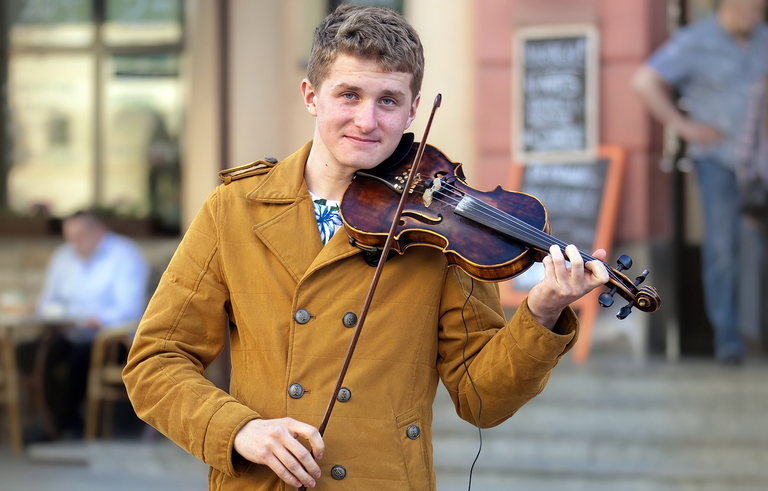
Ahora, sé consciente de lo que vales
Ser consciente de nuestras capacidades y de nuestras habilidades, es tener el camino hacia el desarrollo de objetivos y metas, muy recorrido.
Si tenemos claro qué es lo que nos gusta, vamos a poder desarrollar esa habilidad con más facilidad, puesto que la tenemos identificada.
Pero debemos abordar la vida en forma realista, conociendo cuáles son nuestras versiones y sacar la mejor versión de nosotros mismos, dejar que fluya el gusto y la sensación de sentirnos bien con lo que hacemos y, en medio de ese descubrimiento de nuestros dones y habilidades, vamos a saber cuáles son las cosas que podemos ofrecerles a los demás.
Igualmente, al conocer nuestras habilidades, conocemos nuestras fortalezas y vamos a determinar cuáles son nuestras debilidades para ser trabajadas.
Recuerda que, a pesar de nuestra identidad tan única, vivimos en un mismo mundo y generalmente las necesidades son compartidas.


Arepas, Tequeños, Hallacas... And the Japanese Ikigai -Discover and Value the Treasures We Have-
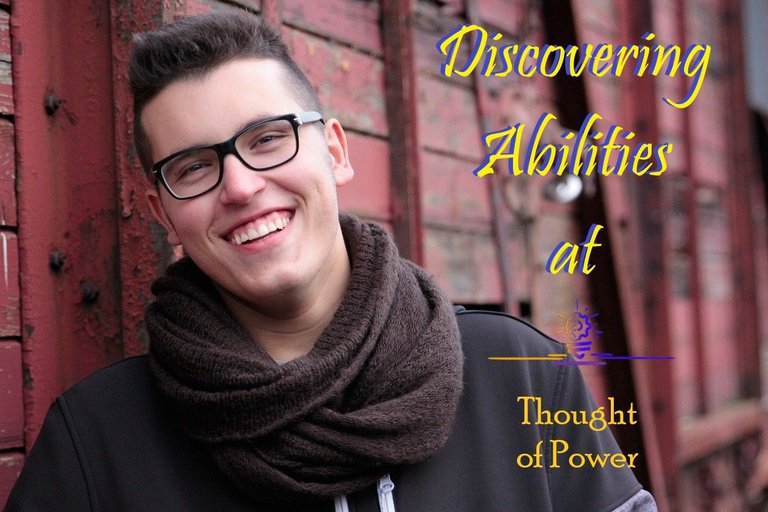

Just a few years ago, the arepa, the tequeño, the cachapa and the hallaca, were dishes that were not valued at international level, and were typical dishes that in Venezuela we knew how delicious they were, although they were not known.
It has not been until we have had the need to emigrate and create ventures outside the country, when we discovered that it was possible to make them offering our typical dishes, that they would be liked and that today they have been valued in many parts of the world.
This leads us to think about how many capabilities and assets we have in ourselves and in our communities, which can be an excellent product for sale and that we, today, do not value.
Visualizing what is there, placing the right value on it, is something we must learn, because it can mean the beginning of an excellent business.


How many treasures do you live with?
Sometimes, all we have to do is to value the things we have in our lives and understand that many of them can be equally valued by others.
It is not only about the space in which we live, the people around us or the positives of our profession, even though it can become a service endeavor, but also about other capabilities within us.
By habituation, we stop giving value to abilities such as cooking, repairing, creating content or as visual artists, simply because we do them personally, for ourselves, and we see them as habitual qualities.
And then there's the fact that we value what the majority values or what the advertising industry values, so many skills we don't value because we think no one will value them, or because we don't often see them on social media.

A social experiment
A few years ago, in 2007 to be specific; an experiment was conducted by the Washington Post newspaper, with a famous and award-winning violinist who, incognito, played in a subway in Washington City, USA.
The artist, a week before his concert, sold tickets for $100 each and, surprisingly, in almost an hour that the violinist played in the subway, he only collected $32.17 cents.
This shows that we value things more when the common people value them, but this also means that we cannot discard skills that we believe will not be frequently valued by the rest of the population, without first creating or generating strategies so that many people know about them.
Striving to make known the solution of a problem, a product or a service, is an important part of developing an enterprise; and one of the situations that we must be aware of is the valuation imposed by culture or advertising.

Our skills
Discovering our skills is extremely easy, since they are the knowledge, talents and even the experience required to perform a task, provide a service or do a specific job and that we can offer.
These skills can be innate, since we are born with them, or they can be transferable, because they are acquired through experience.
Generally, they are set out in groups that describe general actions, such as customer service, organizational skills, leadership, communication and problem-solving skills, just to name a few at the business level.
Or skills for educational careers, health and others, which are the guidelines that allow us to choose our professions.

Discover them... And the Japanese Ikigai
In the portal psicologiaymente.com there is an excellent article by Nahum Montagud Rubio (2022), for you to discover your talents or skills, and one of the things he suggests is that we detail or analyze in ourselves, what we enjoy.
That we make a list of our interests and hobbies, and investigate what we spend the most time on.
However, there is something that this portal tells us that caught my attention and that is, who I admire.
It is that, by analyzing the other, I can understand what I like and what it would be possible for me to develop; for example, what qualities they have, what their way of being is like, what people see in them and what they do.
Admiration allows us to identify ourselves because, in the end, there are things in us that we see in others.
It is also reminiscent of the Japanese Ikigai, which is an Eastern philosophy that we talked about earlier, which allows us to achieve purpose in life, and it signals that we seek:
What you are good at doing.
What the world needs.
What gives you income.

Now, be aware of what you are worth
To be aware of our capabilities and our skills, is to have the path towards the development of objectives and goals, very well traveled.
If we are clear about what we like, we will be able to develop that ability more easily, since we have identified it.
But we must approach life in a realistic way, knowing what our versions are and bringing out the best version of ourselves, letting the pleasure and the sensation of feeling good about what we do flow and, in the midst of this discovery of our gifts and abilities, we will know what are the things we can offer to others.
Likewise, by knowing our abilities, we will know our strengths and we will determine which are our weaknesses to be worked on.
Remember that, despite our unique identity, we live in the same world and needs are generally shared.

Emilio Ríos – Venezuela
@emiliorios


- Barras separadoras y logo de English, editadas en Paint, de:
Separator bars and English logo edited in Paint, from:
Pixabay-DavidZydd
Cintillo personalizado de @emiliorios con el logo de #Hive, realizado por la excelente creadora @mosa71
Custom @emiliorios banner with the #Hive logo, made by the excellent content creator @mosa71Logo de Twitter tomado de la plataforma de la red social.
Twitter logo taken from the social network platform.Imagen de agradecimiento, tomando el logo de nuestra comunidad y editada en Paint, de:
Thank you image, taking our community logo and edited in Paint, by:
Pixabay-Mohamed_hassan
- Si lo deseas, puedes seguirnos en:
If you wish, you can follow us at:


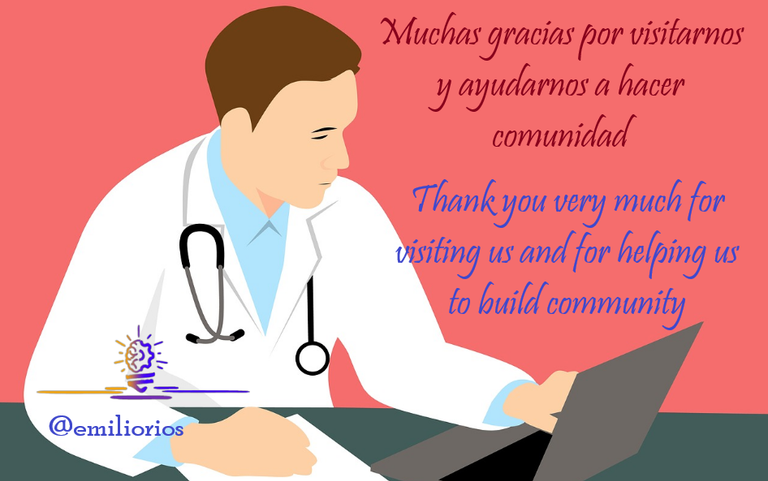

¡Felicidades! Esta publicación obtuvo upvote y fue compartido por @la-colmena, un proyecto de Curación Manual para la comunidad hispana de Hive que cuenta con el respaldo de @curie.
Si te gusta el trabajo que hacemos, te invitamos a darle tu voto a este comentario y a votar como testigo por La Colmena.
Si quieres saber más sobre nuestro proyecto, te invitamos a acompañarnos en nuestro servidor de Discord.
Muchas gracias al equipo de @la-colmena y a @curie
Buenas noches @emiliorios, modificando el dicho: nadie sabe lo que tiene hasta que lo requiere, porque la verdad es que el emprendimiento en comida venezolana ha sido uno de los mejores en otras latitudes. Eso también nos da para pensar en la actitud y capacidad de observación para ver oportunidades en las situaciones que de entrada consideramos adversas, esta experiencia de los emigrantes nos dejan grandes lecciones.
Gracias por aportar con tu contenido al crecimiento del emprendedor. 😊
Gracias, gracias @damarysvibra
Interesante forma de entrar en la valoración y todo aquello que tiene que ver en esa valía, con toda seguridad este post nos llevará a poder determinar el valor de lo que ofrecemos en el emprendimiento. Me parece una antesala tu post @emiliorios
Muchas gracias @rosahidalgo
Un abrazo grande.
Otro para tí @emiliorios
@tipu curate 8
Upvoted 👌 (Mana: 0/75) Liquid rewards.
Thank you so much dear @miriannalis
And to @tipu team all!
Muchas gracias, equipo de @beentrepreneur